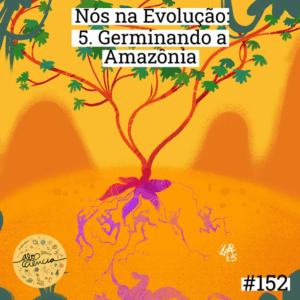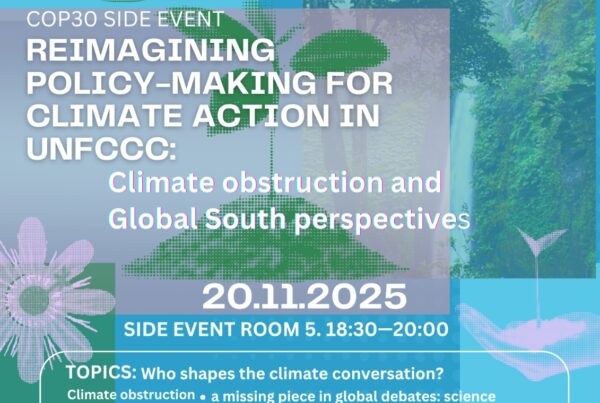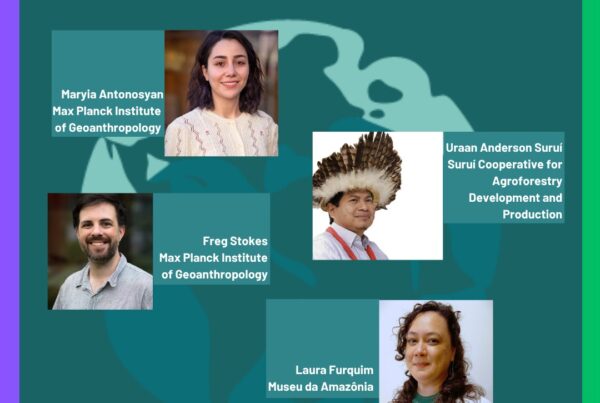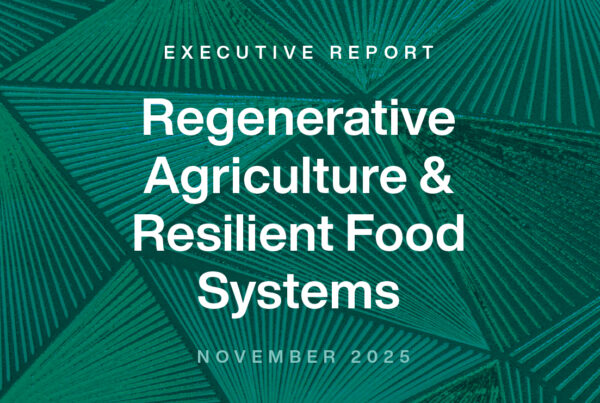We’re delighted to share that our project member Laura Pereira Furquim was invited to speak on the Nós na Evolução podcast episode, Germinando a Amazônia (Germinating the Amazon). Laura and Manuela Carneiro da Cunha speak about archaeological and anthropological perspectives on the origins of agriculture and the “Green” revolution. Please see below for the episode summary.
For our Portuguese speakers, the podcast is available on Spotify and Apple podcasts.
 Image: Nós na Evolução podcast
Image: Nós na Evolução podcast
Episode summary: Hello, hello! How did agriculture evolve in the Americas?
Mass food production, mechanisation of the countryside and the possibility of life in the city: when we talk about the creation of agriculture, these are the terms mentioned. Have you noticed? This view makes sense for certain human communities, such as those that arose near the Middle East, but in the Americas, the story is different. Very different!
In this episode, Mari Inglez invites us to think of evolution as a phenomenon that has several paths. The evolution of food plants in the Americas is a process that Archaeobotany is investigating and which has brought us recent and very hot news about the technology involved in Amazonian gardens. This system is so sophisticated that it uses much more than machinery, but also involves a culture of exchanging seedlings and seeds, rotating gardens, testing crossbreeding between plants, pride, aesthetics… Even insects and birds play a role in this system. And the product of all this is greater biodiversity, a rich culture and greater food sovereignty.
Listen to this episode of the series We in Evolution, where we’re investigating how we humans interfere in Evolution, even if we don’t want to.
Interviewees:
Laura Pereira Furquim (@laura.furquim)
Manuela Carneiro da Cunha



